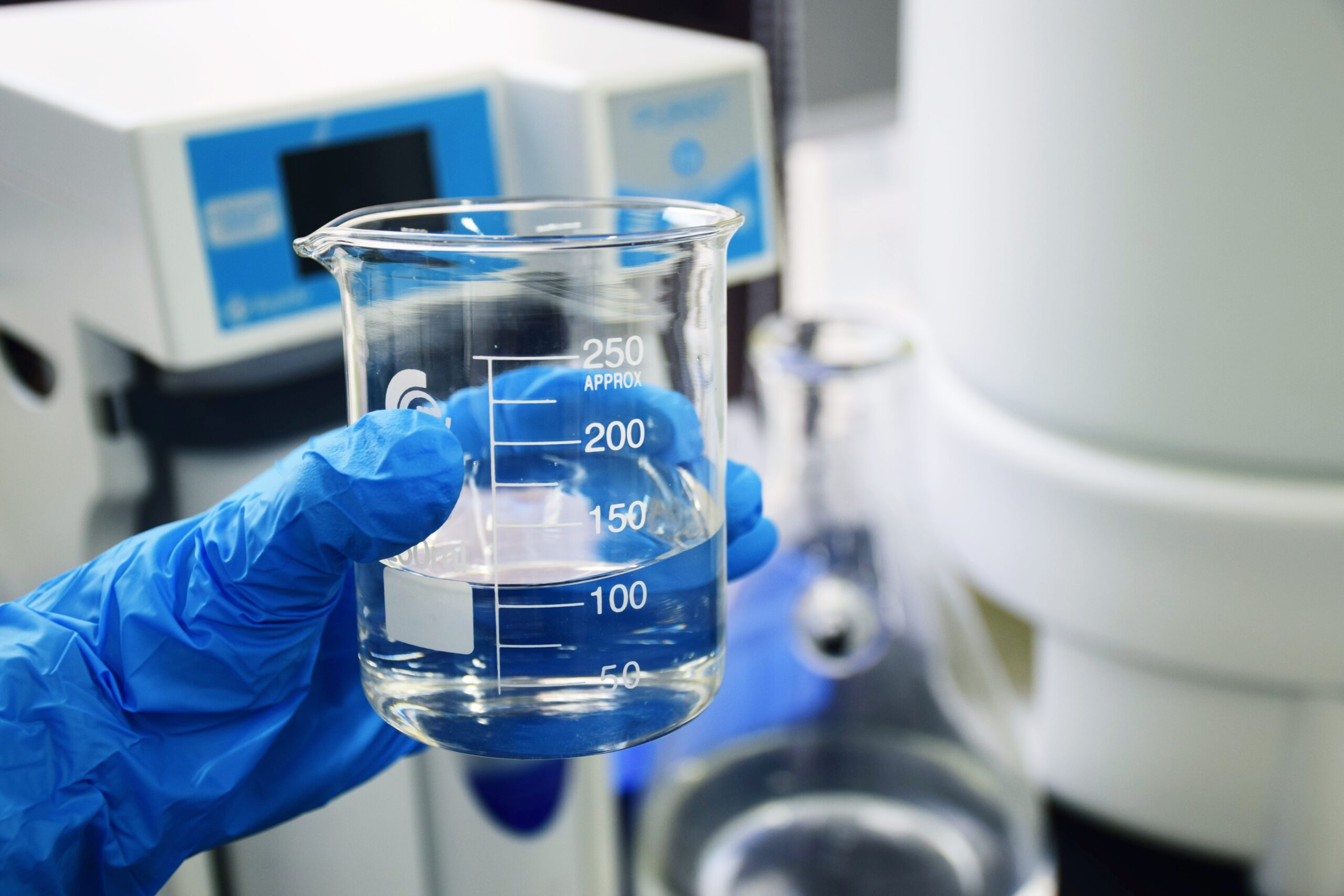The Ultimate Guide to Selecting the most effective Water Purification System
The Ultimate Guide to Selecting the most effective Water Purification System
Blog Article
Why a Water Purification System Is Important for Clean, Safe Water
Access to tidy, risk-free water is a basic human right and a cornerstone of public health. The visibility of dangerous contaminants such as virus, heavy steels, and chemical contaminants in our water supply elevates severe issues about wellness and wellness. A water purification system stands as a vital service to mitigate these dangers, ensuring that people and neighborhoods can access secure drinking water. Comprehending the complexities of these systems and their different techniques is essential, specifically as we consider the effects for wellness results and ecological sustainability in our every day lives.
Importance of Clean Water
Accessibility to clean water is an essential requirement for human health and wellness and wellness. Infected water can lead to severe wellness concerns, consisting of gastrointestinal illnesses, cholera, and dysentery, particularly in at risk populaces such as kids and the elderly.
Moreover, tidy water is important for cleanliness and hygiene techniques, which are essential in protecting against the spread of contagious diseases. Adequate water sustains appropriate cleanliness facilities, advertising a much healthier environment. In addition, accessibility to risk-free water influences socioeconomic variables, as it allows communities to involve in agricultural and commercial activities, ultimately adding to economic advancement.
In lots of areas, the absence of clean water intensifies destitution and inequality, additional preventing development towards sustainable growth goals. For that reason, ensuring access to tidy water is not only a public health crucial but likewise a cornerstone for social equity and economic development. Efforts to improve water top quality and infrastructure have significant advantages, fostering healthier communities and enhancing lifestyle.

Typical Impurities in Water
Guaranteeing the availability of tidy water is undermined by different pollutants that can jeopardize its safety and high quality. The existence of microorganisms, such as infections, germs, and bloodsuckers, presents significant health risks, specifically in areas doing not have sufficient hygiene. These bacteria can bring about waterborne illness, causing serious illness or also death.
Chemical pollutants additionally provide a vital concern. Heavy steels, including lead, arsenic, and mercury, frequently get in water supplies via industrial discharges or rusty pipes. These substances can gather in the body gradually, resulting in lasting health and wellness concerns such as neurological damage and developmental disorders.
Additionally, agricultural overflow presents chemicals and plant foods right into water supply, which can disrupt ecological communities and adversely impact human health. Nitrates, frequently located in fertilizers, can trigger severe problems like methemoglobinemia, specifically in babies.
Advantages of Water Purification Systems
Recognizing the important demand for secure alcohol consumption water, water filtration systems use a myriad of advantages that boost public wellness and ecological sustainability. Mostly, these systems successfully remove hazardous pollutants, consisting of germs, viruses, heavy metals, and chemicals, making sure that the water eaten is cost-free from contaminants and pathogens. This decrease in impurities significantly decreases the threat of waterborne conditions, advertising total area health and wellness.
In enhancement to wellness advantages, water filtration systems add to ecological sustainability by minimizing reliance on bottled water, which typically generates too much plastic waste. By utilizing a purification system, houses can reduce their carbon footprint and add to a much more sustainable ecosystem. Moreover, these systems can improve the taste and odor of water, making it much more palatable for everyday consumption.

Various Kinds of Purification Approaches

One common approach is reverse osmosis, which makes use of a semi-permeable membrane layer to separate water from liquified pollutants and solids. This process properly reduces contaminations, consisting of heavy steels and chemicals. Another widely utilized method is ultraviolet (UV) sanitation, which uses UV light to reduce the effects of infections and microorganisms, providing them safe without the use of chemicals.
Turned on carbon filtration is another prominent approach, utilizing carbon to adsorb organic compounds, chlorine, and unpleasant odors, enhancing taste and odor quality. Distillation, a process that entails boiling water and condensing the vapor, successfully removes impurities and minerals yet might need even more power contrasted to various other methods.
Ion exchange is typically used to soften water by replacing calcium and magnesium ions with salt or potassium ions. Each method has its constraints and benefits, making it crucial to understand their functionalities and performance in dealing with specific water quality problems - Water Purification System. Eventually, selecting the ideal filtration technique is essential for ensuring safe and tidy alcohol consumption water
Picking the Right System
Choosing an appropriate water filtration system calls for cautious consideration of various variables, including the details contaminants present in the water, the quantity of water required, and the preferred filtration method. It is necessary to conduct a water check my blog high quality examination to determine contaminants such as microorganisms, hefty metals, or chemical pollutants. This details will assist you in picking a system that effectively targets those particular impurities.
Next, assess your family's everyday water intake to identify the system's ability. Systems are available in various dimensions, from point-of-use filters for drinking water to whole-house systems that detoxify all water entering your home.
In addition, think about the purification technique that ideal fits your demands. For instance, reverse osmosis is very effective for removing a large range of impurities, while UV filtration is exceptional for getting rid of microorganisms.
Conclusion
In final thought, the application of water filtration systems is important for making sure access to safe and tidy water. By understanding the significance of clean water and the advantages of various filtration methods, areas can make enlightened decisions to safeguard their wellness and promote socioeconomic security.
Recognizing the essential demand for risk-free drinking water, water purification systems use a myriad of advantages that boost public health and wellness and his comment is here ecological sustainability.In addition to wellness advantages, water purification systems contribute to environmental sustainability by minimizing dependence on bottled water, which usually generates excessive plastic waste. Eventually, the adoption of water filtration systems is an aggressive step towards making sure tidy, risk-free water for future generations while safeguarding public health and the environment.
Choosing a suitable water purification system requires mindful factor to consider of various aspects, consisting of the specific contaminants present in the water supply, the volume of water needed, and the desired purification method.In conclusion, the implementation of water filtration systems is critical for guaranteeing accessibility to secure and clean water.
Report this page